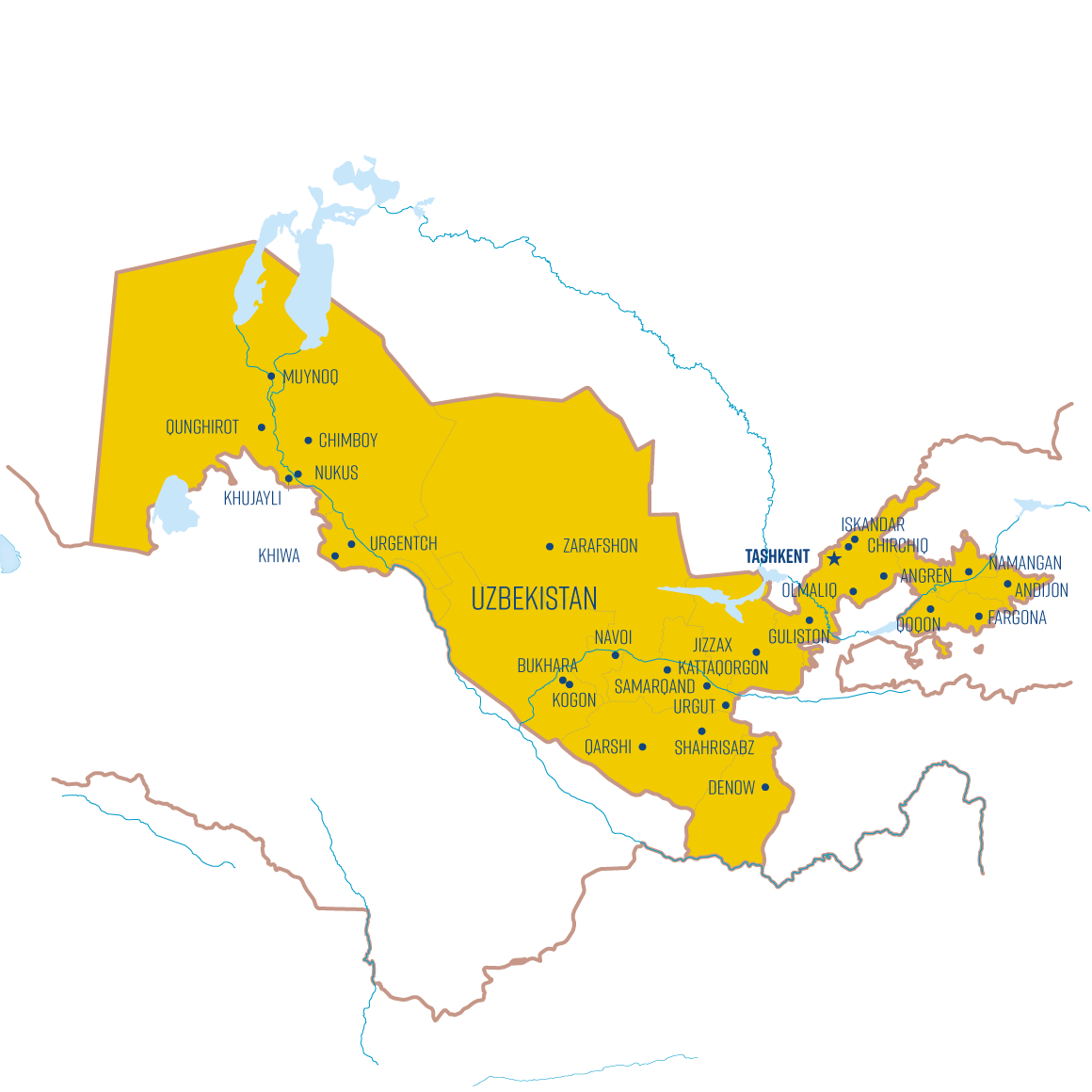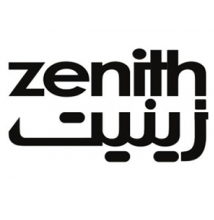When hearing Uzbekistan what first comes to mind is the country's rich history as an important stop along the old Silk Road, magnificent Islamic architecture, breathtaking landscapes, the Soviet influence and its inhabitants' warm hospitality. But above all else, the country's increasing openness to the world, the progressing liberalisation of its political system and an ever more active role of civil society and academia make Uzbekistan a country in the midst of dramatic processes of change.

For more than two millennia, Uzbekistan has been an important cultural, economic and religious center in the region. Due to its location along the Silk Road, it has always been fiercely contested over the centuries, and has been exposed to a wide variety of different cultural und religious influences - ranging from the Macedonians led by Alexander the Great through the Islamic and Mongolian expansions, to the integration into the USSR and almost automatically making Uzbekistan the proud home of a fascinating arsenal of historical architecture and ancient cities.
While the country certainly has to offer numerous magnificent historic monuments such as mosques, mausoleums and fortresses, as well as a breathtaking variety of landscapes, an unprecedented man-made natural disaster is unfolding on the border with Kazakhstan: The desiccation and desertification of the legendary Aral Sea.
Although after the collapse of the Soviet Union the country gained its independence 1991 and was officially declared democracy, President Islom Karimov pursued a largely autocratic style of leadership until his death in 2016. Only since the election of Shavkat Mirziyoyev, an increasing liberalisation and progressive opening of the country has been starting to take place.
These developments offer new additional leeway for the country's civil society, some of which's representatives we will be meeting during our tour to learn more about their changing realities of life.
Unsere Highlights
Tashkent
Badly destroyed by an earthquake in 1966, Tashkent's layout probably can be best described as Soviet architectural charm combined with historical and religious monuments bearing witness to the rich history of the city, from its foundation in the second century B.C. through Islamic expansion to the Soviet era. While a stroll through the Old & New City is generally worthwhile, a visit to the oldest and largest market in Tashkent, the "Chorsu", is always a very special highlight. With its ethnic and cultural diversity, the city also offers the best conditions for a first introduction into the society and politics of the country. Just over an hour away, the Ugam-Chatkal National Park beckons its visitors with its breathtaking mountain and lake scenery.
Samarkand
The ancient capital of the Timurid Empire and one of Central Asia's oldest cities was the spiritual centre of the Islamic world for centuries, where the Quran but also disciplines such as astronomy and mathematics used to be studied. Countless monuments such as the Registan, the richly decorated mosques or the magnificent necropolises, including the mausoleum of the national hero Timur, give an idea of the former greatness of the city. We continue our excursion into the history and culture of the country with an introduction to the local self-administration concept of the "Mahalla" and cooking together with an Uzbek family.
Bukhara
Like Samarkand, Bukhara was an important commercial, cultural and scientific center of the Islamic world on the Great Silk Road. Numerous mosques, mausoleums of Islamic saints and a fortress still bear witness to this time and provide an opportunity for us to take a closer look at the role of Islam in the history of the country.
Aral Sea
Once the fourth largest lake in the world and providing the livelihood of many fishermen, the Aral Sea has shrunk by more than 90% in the past 60 years. A visit to the lake and the Moynaq Ship Cemetery is a surreal and dramatic experience, making every visitor a direct witness to this man-made natural disaster and giving us an insight into the dramatically changed reality of life for its residents.
Karakalpakstan State Museum of Art
The Karakalpakstan State Museum of Art, named after I.V. Savitsky, is not called the "Louvre" of the East without reason. In addition to a large collection of Russian avantgarde art, it houses one of the largest collections of archaeological finds as well as popular, applied and contemporary art from Central Asia, thus providing a unique insight into the history of the region.




